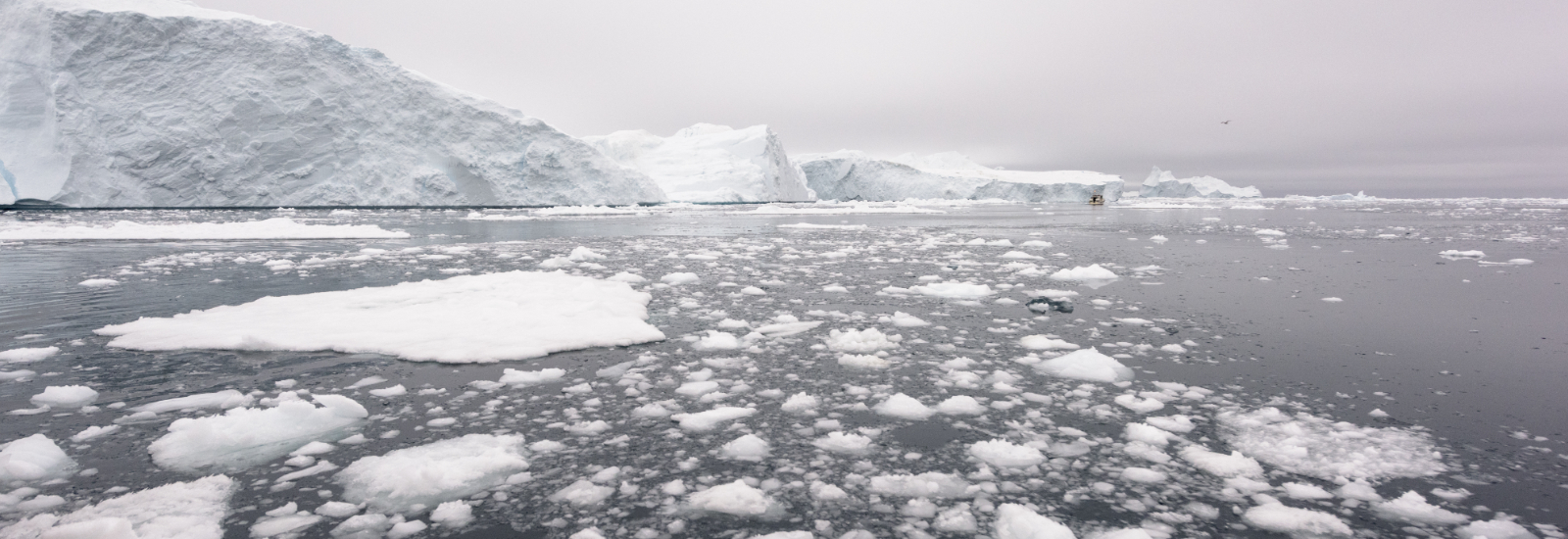Aimed at professionals working in shipping and offshore activities, catastrophe modelling and insurance, and naval operations such as search and rescue, the University of Reading – in partnership with the Royal Meteorological Society –is hosting a virtual, three-part masterclass series which aims to discuss and explore the interactions between the ocean and the atmosphere.
This three-part series – starting this month – will cover broad topics relevant to marine meteorology such as tropical cyclone development, changes in Arctic Sea ice, and recent developments in atmosphere/ocean modelling and coupling in numerical weather prediction.
These free, virtual events aim to deepen attendees’ knowledge and support continuing professional development for practising operational meteorologists and climate scientists.
Register your place
Each masterclass will be held from 3.00 – 4.30pm (GMT), consisting of a presentation followed by the opportunity for questions and discussion with the speaker. Whilst the webinars are part of a series, attendance at all three events is not necessary.
Sea ice in the climate system
Speaker: Dr David Schroeder, Centre for Polar Observation and Modelling, University of Reading
The Arctic Sea ice has been in decline during the last four decades, and the Arctic summer sea ice extent has never been as low over the past 1,450 years as it is now. Climate model studies allow us to discriminate between the impact of natural variability and the impact of climate change on the observed sea ice decline.
Dr Schroeder’s webinar discussed sea ice as an indicator of climate change, advances in sea ice modelling and seasonal forecasting, and future sea ice projections.
Catch-up on the webinar recording.
Understanding the marine environment through satellite Earth observation and numerical modelling
Wednesday 13 October 2021
Speaker: Dr Samantha Lavender, Director of Pixalytics Ltd
Dr Lavender’s masterclass will focus on the different satellite technologies applicable to understanding the marine environment, from microscopic marine biology to physical oceanography and maritime surveillance.
Satellite-derived datasets often have the advantages of a global view alongside uniform spatial and temporal coverage, they also provide a time-series – if not full climatological-scale information – however, they tend to be based on techniques that only capture information about surface features.
Samantha will look at examples of how satellite data and numerical modelling are used together and the availability of free-to-access and commercial satellite Earth observation datasets, as well as new technologies, increasing what is derivable from space.
Tropical cyclones in the climate system – physical processes and their representation in climate models
Wednesday 20 October 2021
Speaker: Professor Pier Luigi Vidale, Climate System Science – University of Reading, Senior Scientist – Climate Directorate of the National Centre for Atmospheric Science
A generation of ‘weather resolving’ Global Climate Models (GCMs) has been emerging over the last ten years, capable of credibly representing mid-latitude cyclones (storms) in terms of their structure and dynamics, as well as reasonably representing tropical cyclones from the point of view of location and frequency, if not the full range of their intensities.
Professor Vidale’s masterclass will present results from multi-model intercomparisons of hurricane storm tracks in six European GCMs – including the statistics of ex-tropical storms impacting the North East coast of the United States and North West coast of Europe respectively – which are expected to pose a larger risk in projections of future climate change.
Find out more about the Royal Meteorological Society’s events.




